Amid absence of a post-Brexit free trade deal, leaders focus on Ukraine and AI
The United States and the United Kingdom on Thursday announced a new strategic pact as their leaders rededicated the "special relationship" for greater cooperation on pressing challenges.
In a White House summit, U.S. President Joe Biden and British Prime Minister Rishi Sunak tried to present a united front on issues including the Russia-Ukraine conflict, the lightning-fast evolution of artificial intelligence and a rising China on the world stage.
But Sunak came away empty-handed on Britain's ambitions for a post-Brexit free trade agreement with Washington, settling instead to tag along with Biden's plan to craft a new green economy through vast industrial subsidies.
An "Atlantic Declaration" adopted by the leaders aims to boost industry ties on military and renewable energy, in the face of growing competition from some states.
Under the declaration, the two sides agreed to open talks on U.S. treatment of critical minerals used in electric batteries in Britain.
Biden also agreed to ask Congress to designate Britain as a domestic source for military procurement, to speed up development of next-generation weapons such as hypersonic missiles.
Despite the lack of a trade deal, Sunak said "the economic relationship has never been stronger", describing the "special relationship" as in fact an "indispensable alliance".
He had pushed to strengthen trading ties between Britain and the U.S., keen to show some progress after the Biden administration quashed any speedy prospect of a post-Brexit free trade agreement between the two countries.
Britain exited the European Union on Jan 31, 2020.
Sunak, who took office last October after a period of unprecedented political instability in the country, has pushed to strengthen trading ties between the U.S. and UK, despite bleak prospects for a post-Brexit free trade agreement.
As the declaration said the two allies face new challenges from countries such as China, Foreign Ministry spokesman Wang Wenbin said on Friday that exchanges and cooperation between countries should facilitate world and regional peace and stability, and should not target or hurt the interests of any third party.
Provoking bloc confrontation based on the Cold War mentality is the real threat to global stability, Wang told a news conference.
Both leaders concurred that the world economy was undergoing the biggest changes since the Industrial Revolution, in part driven by AI, which is prompting doomsday warnings that sentient machines could wipe out humanity unless governments coordinate a response.
Headwinds on ambitions
Biden backed Sunak's plan to convene "like-minded" countries for the world's first AI summit in Britain later this year. Sunak also wants the UK to host a future AI regulatory body.
Yet, there are headwinds for Sunak's ambitions, with the U.S. and the EU already engaged in their own dialogue on an AI code of conduct as industry figures plead for regulation.
Biden and Sunak also promised to keep spearheading Western support for Ukraine, after committing billions of dollars in military aid to Kyiv.
The meeting, their fourth in as many months, came as Russia and Ukraine traded blame for the bursting of the Soviet-era Kakhovka dam in Kherson, which sent waters cascading across the battlefield in Kherson on Tuesday, forcing tens of thousands to flee.
So far, the U.S. and UK governments remain cautious on attributing blame for the destruction.









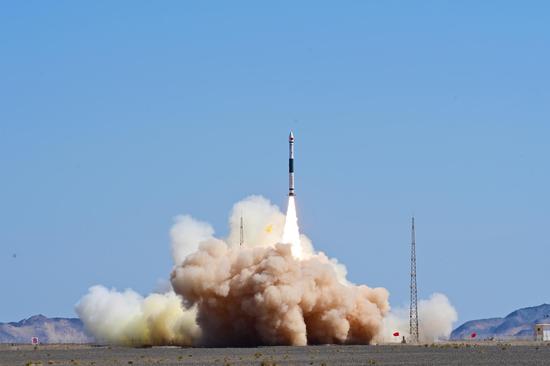
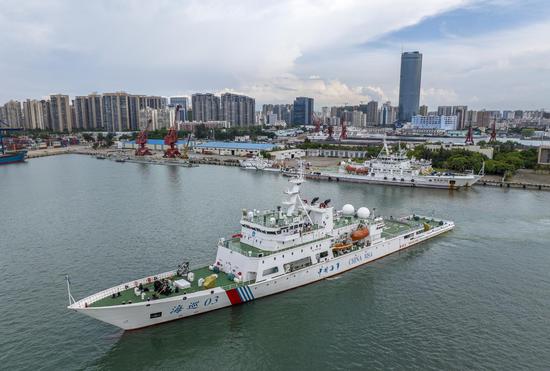
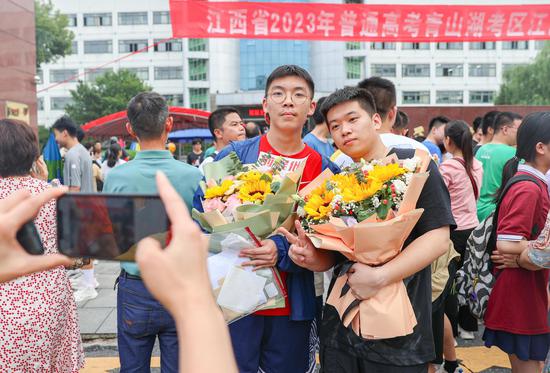




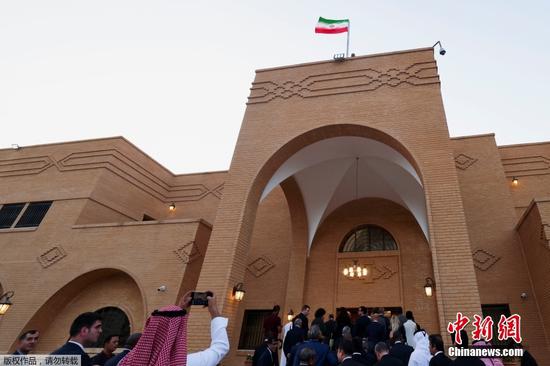
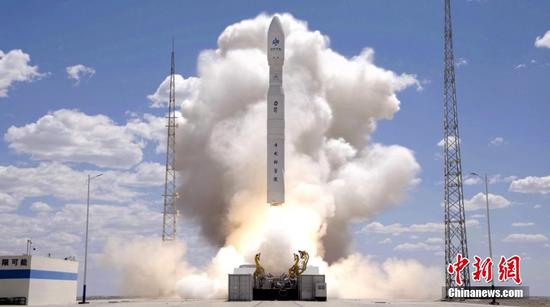




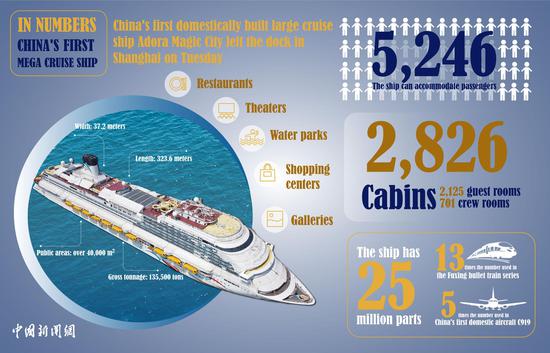

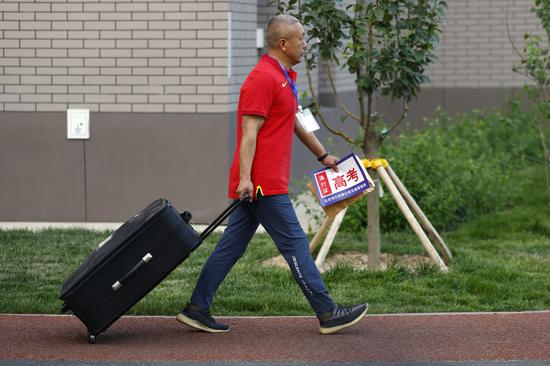


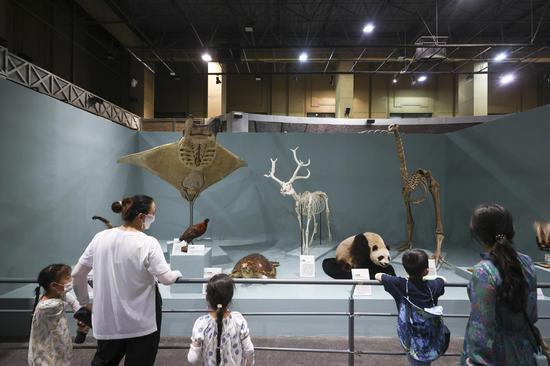
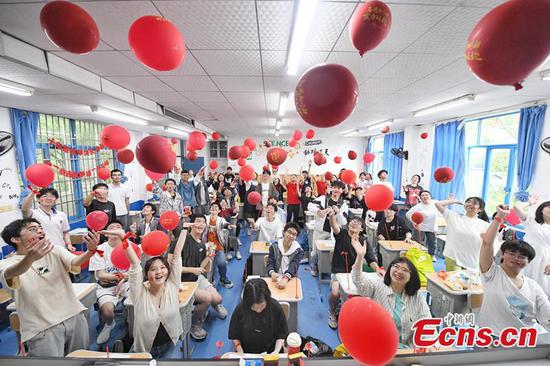
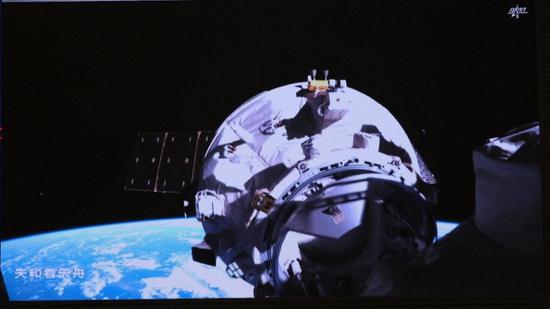



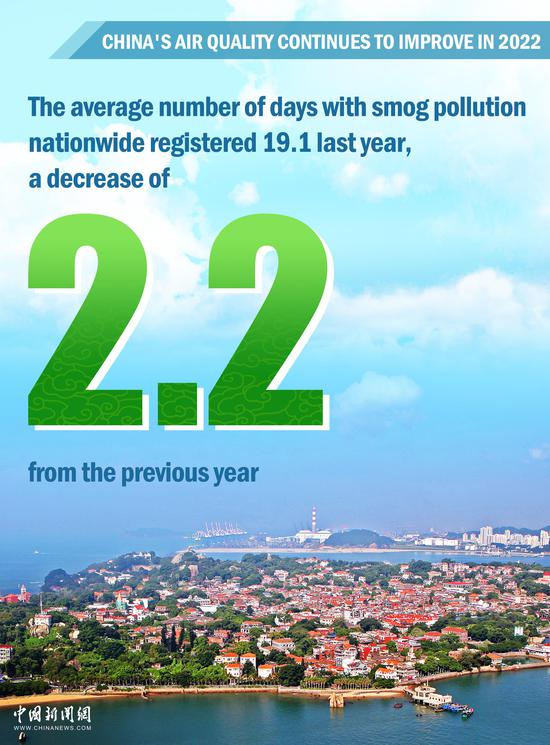
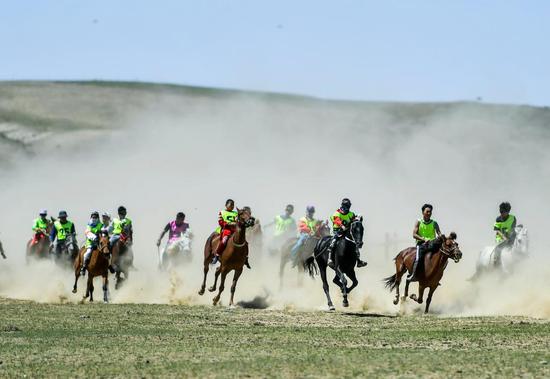

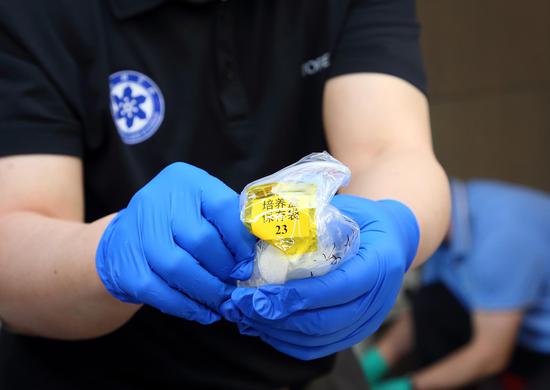


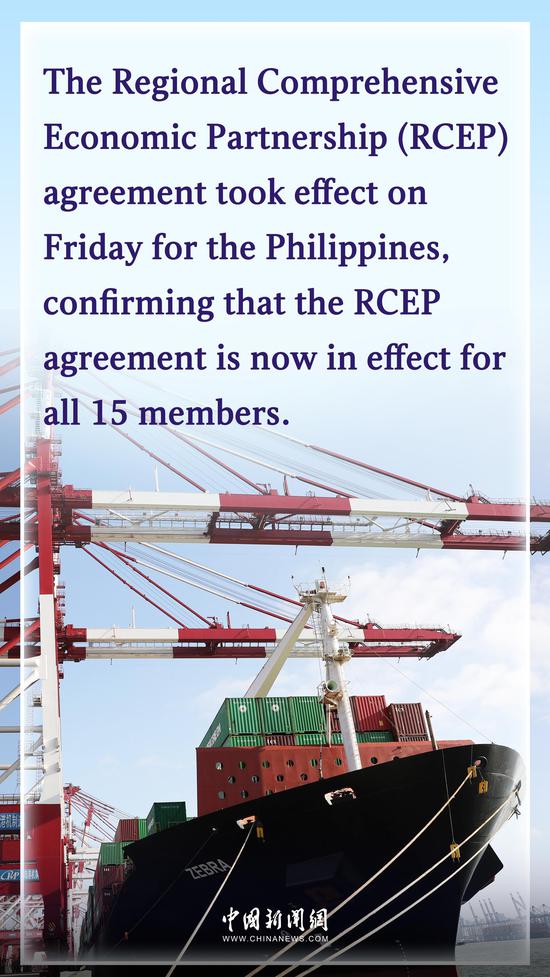

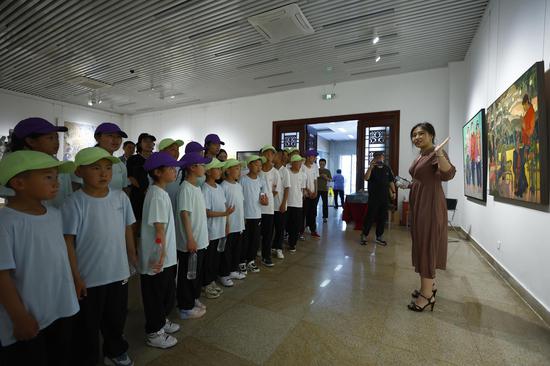








 京公网安备 11010202009201号
京公网安备 11010202009201号